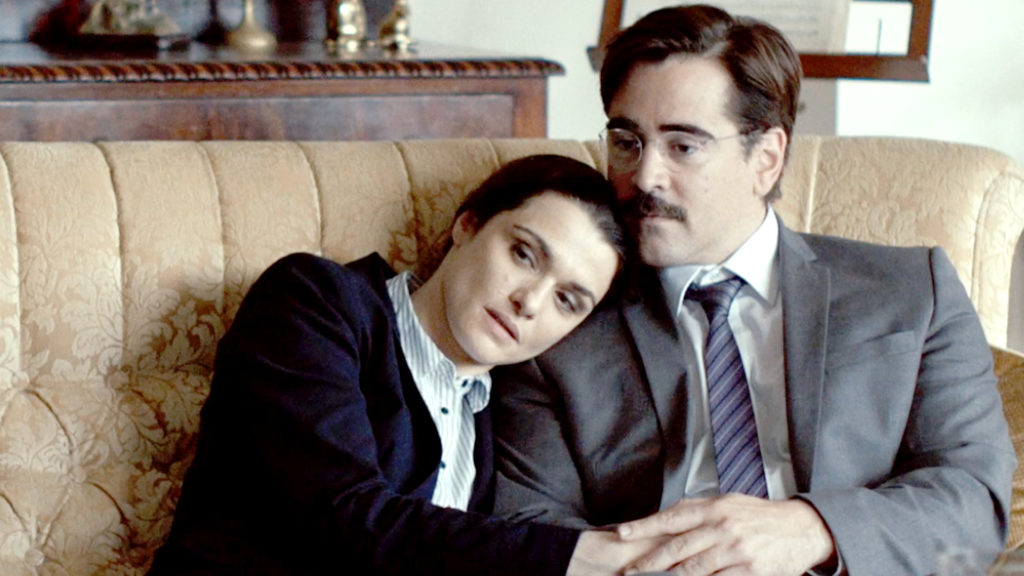
Yorgos Lanthimos’ The Lobster (2016) is one of the darkest films that I have seen this year. In terms of its concept and narrative structure Lanthimos’ film is clearly indebted to Albert Brooks’ film Defending Your Life. At the same time its formal staging and rigidity of performance recalls Hal Hartley’s No Such Thing and The Girl From Monday. Yet The Lobster is without the sentiment of Brooks nor the wordplay of Hartley; two devices that help keep each respective filmmaker’s work more playful in their reflectiveness. The Lobster is concerned with a dystopian fantasy of our future where Lanthimos’ stylistic choices appear to be more a byproduct of the ill society that the film depicts.
I saw this dystopian picture with an old friend of mine. And despite all of the craft and technical merits of the film, the journey of its characters proved a bit too much for our emotionally fragile conditions. There is a bit of Fassbinder in the way The Lobster trudges forth in an onslaught of sadomasochistic relationships pushed to the brink. On another night I know I would have found this film hysterical, but on the night I happened to see it The Lobster was only able to effect me in the most negative way.
This review was first published in 2016.
